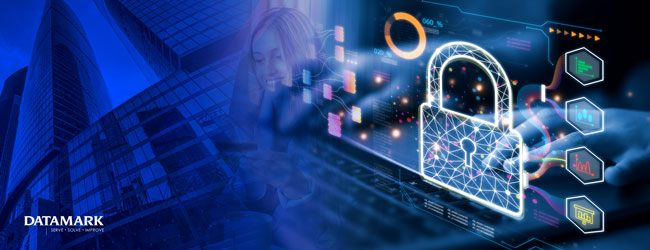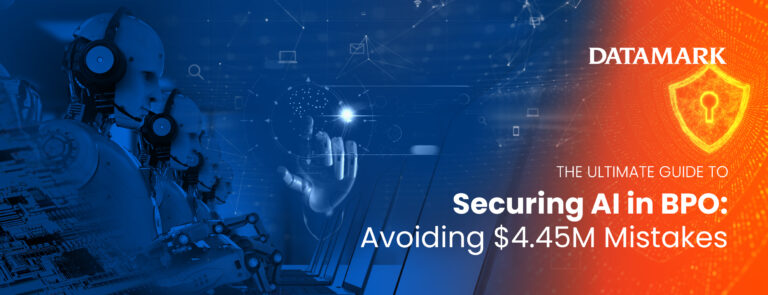
Ensuring Customer Data Security in BPO
Companies managing customer service processes (often called Business Process Outsourcing or BPO) usually have access to a large amount of customer data. Often, this can be sensitive information, such as payment card data or a purchase history. Therefore, any company designing business processes around customer interactions need to be focused on security.
But security doesn’t just mean obtaining an ISO certificate. Certification and compliance with best practice is essential. Demonstrating to clients that you follow ISO 27001 (Information Security Management) and comply with data protection regulations, such as GDPR or CCPA, can give confidence.
But confidence and certification are not enough.
Data Security Beyond Certifications
It is important to remember that security is not just a technical issue. It requires more than just asking the security team to audit your network. Your network should have an AI system constantly auditing it for unusual data traffic.
You need to think of three main aspects of security:
- Technology-related: this is the data encryption and software you are using. Minimize access to essential data and track everything.
- Customer-related: don’t ask for sensitive data if it is not required. Use tools that can shield you from crucial data in the first place, like the PCI security standards.
- Business-related: sharing responsibility across the team for protecting customer data and building a culture that respects data and works hard to prevent breaches.
Critical Aspects of a Robust Security Strategy
There are many areas in which companies handling customer data need to consider their security strategy. These include:
Physical Security
While digital threats are a significant concern, physical threats to data centers, like theft or damage, are equally crucial. BPOs should invest in and showcase state-of-the-art security measures in their facilities, such as biometric access, surveillance systems, and security personnel. DATAMARK has extensive physical security on our premises, so we know strictly who is allowed to enter any area of the building.
Employee Training and Awareness
Customer service firms can invest in regular training programs to ensure that every employee knows the best practices regarding data handling, the risks of data breaches, and the protocols to follow in case of any suspected data compromise.
This is important because many companies have a culture of ‘security is what the security team does.’ Today, any employee anywhere on the network can create a data breach. All employees must be aware of the threat and how they should behave if they believe they have allowed hackers to enter the system by mistake.
Advanced Encryption and Multi-factor Authentication
Using advanced encryption techniques for data storage and transmission showcases a technical commitment to data protection. This ensures that the data remains unreadable even if there’s unauthorized access. MFA creates an additional layer of security above network access alone.
Vendor Relationships
Knowing which partner companies have access to your network is crucial. Have you reviewed their security standards? Should you have some form of firewall between your system and theirs?
In addition, many processes can be deployed across the business to help reduce the risk of breached customer data. Regular technical and cultural security audits should be used to test procedures. Transparent policies should detail your approach to data protection and the steps to take in the case of a suspected breach – such as standard incident reporting and a response plan.
Bottom Line?
Protecting data requires a solid technical approach and a culture that respects the customer and accepts everyone has a role in safeguarding customer information.
Cybersecurity is constantly evolving, so a process of continual improvement should be introduced as a crucial part of the cultural approach to protecting data. The hackers move fast. Can your team evolve fast enough to evade them? With the right tools and culture, it is feasible.
What do you think? Follow our LinkedIn company page to always see our articles in your newsfeed. Click here to visit our website.





